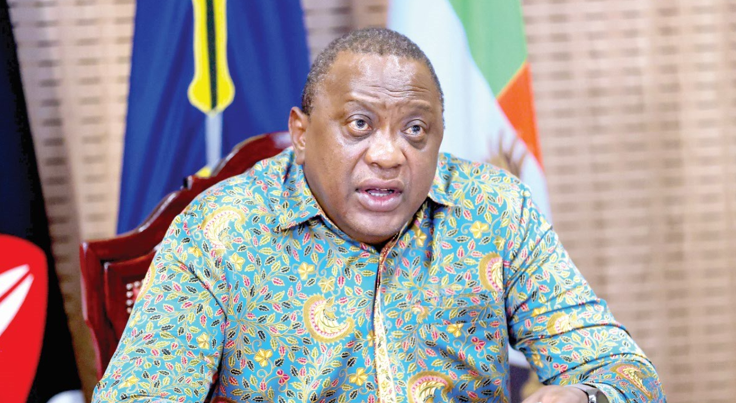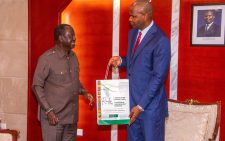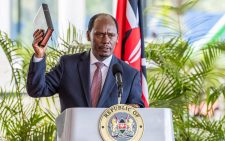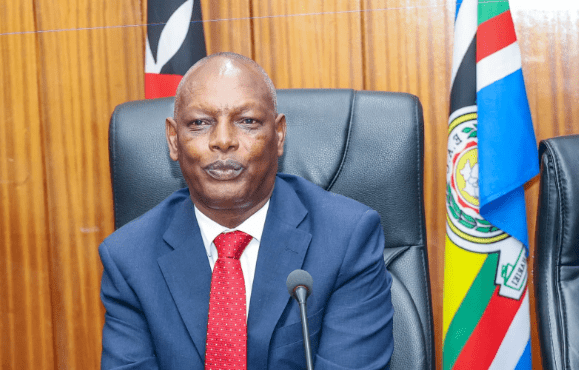Big Four agenda: Efficient water systems to drive economic growth
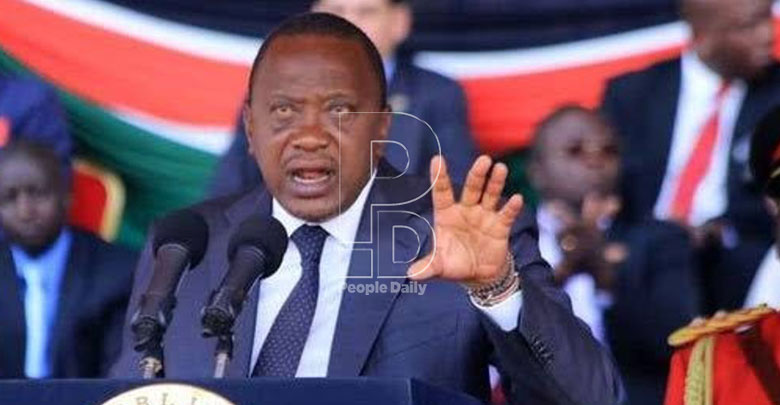
Continued growth and investment in our country’s largest urban centres is putting a strain on water and wastewater systems. For example, water supply in Nairobi today is estimated to be below demand. If current trends continue, this deficit is expected to be more than 60 per cent by 2035.
This supply-demand gap is driven largely by population growth, but also by a rapidly growing demand for water for industry, which comprises more than one-fifth Gross Domestic Product (GDP).
In addition, pollution, flooding and wider land use practices in the surrounding catchment areas further strain the availability of existing clean water supply.
The manufacturing sector is a key driver of socio-economic growth and has a major role to play in safeguarding our country’s water security. Manufacturers currently generate around 7.7 per cent of Kenya’s GDP, and is set to double to 15 per cent in 2022 as Kenya expands the sector in line with President Uhuru’s Big Four agenda.
Water is a critical input for industry. In the beverage sector, for every litre of soda produced 2.5 litres of water is needed. Meanwhile, coffee production requires 200 litres per kilo of coffee processed. As Kenya aims to develop industry further by creating a competitive manufacturing sector, clean water resources will be needed.
According to a 2018 report by the 2030 Water Resources Group, global water requirements are expected to grow by 40 per cent above current accessible and reliable supply, if not efficiency gains are assumed. Hence, a collaborative approach is key to finding long-term sustainable solutions.
Companies across the world are realising that incorporating sustainable solutions into their business plans is not only socially responsible, but could also have financial benefits. By addressing environmental and social issues, companies can achieve better growth and cost savings; improve their brand and reputation; strengthen stakeholder relation and boost their bottom line.
Motivated by the aforementioned realities, local public, private and civil society organisations joined forces through the Kenya Industrial Water Alliance (Kiwa). Spearheaded by the Kenya Association of Manufacturers (KAM) and the Water Resources Management Authority (Warma) and supported jointly by the International Water Stewardship Programme and the Kenya 2030 Water Resources Group, Kiwa provides a platform for stakeholders to plan, design and implement activities that will increase water security and initially in the Nairobi sub-catchment.
Kiwa will help achieve water efficiency, allowing government and industry to learn from both local and international best practices, while promoting a regulatory environment that encourages and incentivises water efficiency, treatment and reuse.
Nairobi’s water management success will be largely based on preserving existing resources. Of more than 3,500 “known” boreholes located in Nairobi less than half have abstraction permits, two-thirds are unmetered and four in five users do not pay for the commodity.
Moving forward, improved regulation and monitoring of ground water abstraction, in addition to proper management of existing data will be essential to effective and sustainable management of the city’s available water resources.Audits, for example, have shown that Kenyan manufacturers have an opportunity to reduce water use by 20 to 30 per cent on average through cost-effective interventions.
Working together we will be able to effectively mainstream smart-water practices into our standard organisational processes because we realise that sustainable business is good business.
-The writer is the CEO of Kenya Association of Manufacturers and the UN Global Compact Representative for Kenya.
